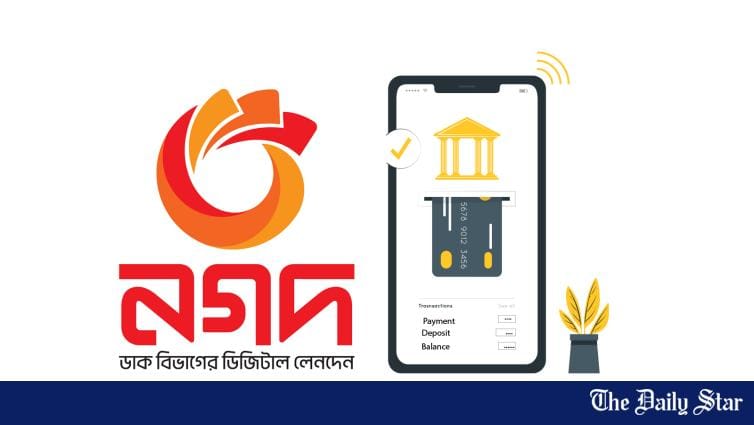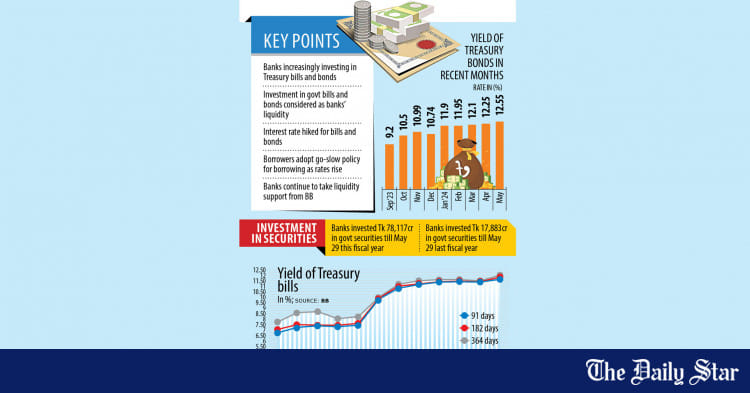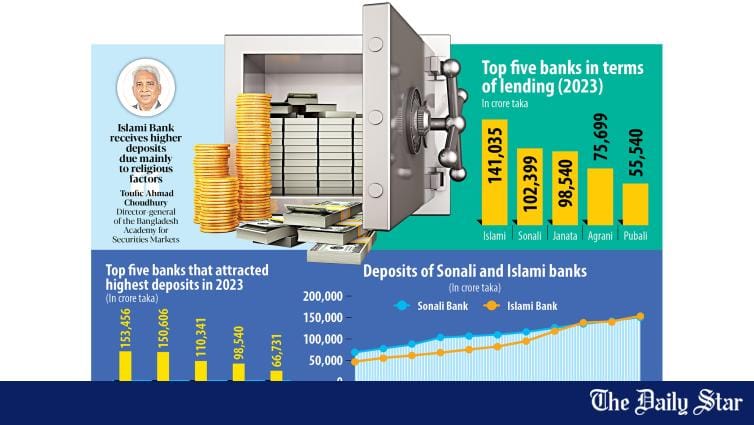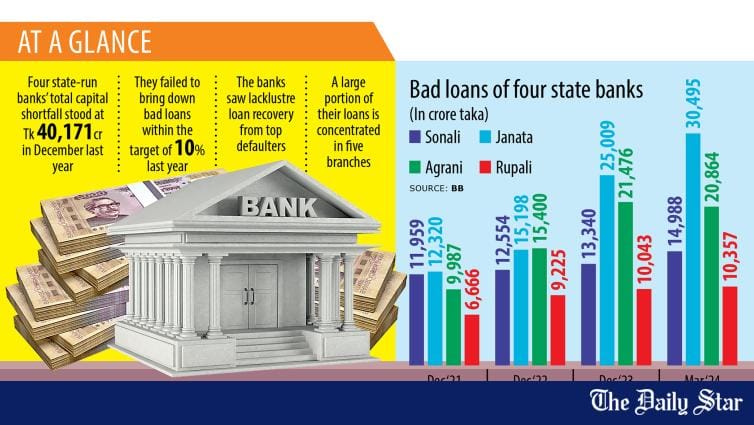- Copy to clipboard
- Thread starter
- #31
Saif
Senior Member
- Jan 24, 2024
- 11,505
- 6,437
- Origin

- Residence

- Axis Group


Nagad Digital Bank becomes country’s first scheduled digital bank
Bangladesh Bank gave digital bank licence to Nagad today
Nagad Digital Bank becomes country's first scheduled digital bank
Bangladesh Bank gave digital bank licence to Nagad today

Nagad Digital Bank PLC has become the first company to receive a digital bank licence given by the Bangladesh Bank (BB).
The BB today listed Nagad Digital as a scheduled bank, according to a notice of the banking watchdog.
"We have been advocating for a digital bank to transform Bangladesh into a smart economy through cashless transactions," Tanvir A Mishuk, founder and CEO of Nagad Ltd, said after receiving the licence at a programme at the Bangladesh Bank headquarters in Dhaka.
The board of directors of the regulator gave the final approval for Nagad on May 28 after it met the criteria mentioned in the letter of intent (LoI) handed over to it in October last year.
Nagad Digital Bank has issued 12.5 crore shares among seven sponsors. Of them, three companies -- Osiris Capital Partners (USA), Blue Haven Ventures (USA) and Finclusion Ventures Pte Ltd (Singapore) -- hold more than 10 percent shares.
The remaining four shareholders are: Zen FinTech (USA), Trupay Technologies, Farhan Karim Khan and Fintechtual Holdings Ltd, the only local shareholder.
Meanwhile in another notice, the banking regulator gave go-ahead to Osiris Capital, Blue Haven and Finclusion to hold more shares than the directors' allowed limit quoted in the country's existing banking laws.
Under the present Bank Company Act, a person, organisation, company, or member of the same family cannot hold more than 10 percent share directly or indirectly in a company.
However, the permission for Nagad came after the finance ministry extended the exemption under a provision of the Bank Company Act 1991 on March 27.
Bangladesh Bank gave digital bank licence to Nagad today
Nagad Digital Bank PLC has become the first company to receive a digital bank licence given by the Bangladesh Bank (BB).
The BB today listed Nagad Digital as a scheduled bank, according to a notice of the banking watchdog.
"We have been advocating for a digital bank to transform Bangladesh into a smart economy through cashless transactions," Tanvir A Mishuk, founder and CEO of Nagad Ltd, said after receiving the licence at a programme at the Bangladesh Bank headquarters in Dhaka.
The board of directors of the regulator gave the final approval for Nagad on May 28 after it met the criteria mentioned in the letter of intent (LoI) handed over to it in October last year.
Nagad Digital Bank has issued 12.5 crore shares among seven sponsors. Of them, three companies -- Osiris Capital Partners (USA), Blue Haven Ventures (USA) and Finclusion Ventures Pte Ltd (Singapore) -- hold more than 10 percent shares.
The remaining four shareholders are: Zen FinTech (USA), Trupay Technologies, Farhan Karim Khan and Fintechtual Holdings Ltd, the only local shareholder.
Meanwhile in another notice, the banking regulator gave go-ahead to Osiris Capital, Blue Haven and Finclusion to hold more shares than the directors' allowed limit quoted in the country's existing banking laws.
Under the present Bank Company Act, a person, organisation, company, or member of the same family cannot hold more than 10 percent share directly or indirectly in a company.
However, the permission for Nagad came after the finance ministry extended the exemption under a provision of the Bank Company Act 1991 on March 27.











